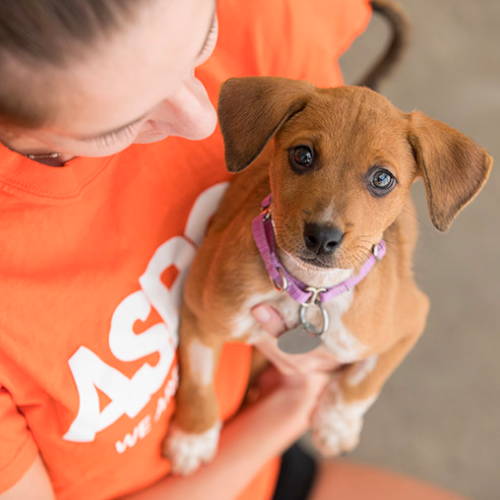Description
"In Flanders fields the poppies grow; between the crosses, row on row…" Thus wrote Lt. Colonel John McCrae, describing the vivid red flowers of the Shirley poppy, blooming between the trenches on the World War I Western front. Iconic as the symbol of the American Legion, this annual wildflower goes by many common names. It is also known as corn poppy, red poppy, field poppy, Flanders poppy, corn rose, red weed, and coquelicot. It shares the same scientific name (Papaver rhoeas) as the common red variety.
In addition to the vibrant pink and scarlet blooms, Shirley poppy produces a visually appealing seed pod that looks great in floral arrangements. The plant is suitable for beds and borders, cottage gardens, prairie gardens, cutting gardens and for naturalizing a plain area. This annual is cold-tolerant in USDA Zones 3-9 and will thrive in almost all Zones 1-11. It grows quickly, is deer-resistant and requires minimal maintenance.
Shirley poppies grow to a mature height of roughly 12 to 30 inches tall and spread a good 6 to 12 inches wide. The flowers, appearing on tall, hairy stems, have four rounded, paper-like petals that overlap one another. In addition to the well-known red blooms, some varieties produce white or pink blossoms during its extended (four weeks or more) summer bloom season. The hairy leaves are pinnately lobed, with toothed edges.
Papaver rhoeas is a prolific self seeder and the seeds can remain dormant in the soil for many years. They will grow quickly when the soil is disturbed, making them a great annual addition to your garden. Because of their brilliant colors, they are the perfect plants for attracting bees and butterflies, adding even more colors to enjoy.


















